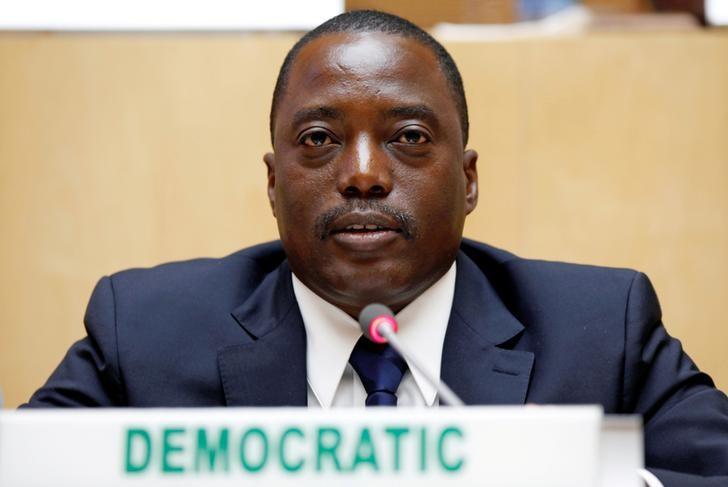
DR. Congo elected to U.N. rights council; Britain, U.S. unhappy

Democratic Republic of Congo was among 15 countries elected to the United Nations Human Rights Council for a three-year term on Monday, a move criticized by Britain, the United States and rights groups after the vote by the 193-member General Assembly, Reuters reports.
The country was elected uncontested to the 47-member Geneva-based and managed to win 151 votes.
“Political repression, civilian attacks, mass graves. What happened in DRC last year makes their election to the Human Rights council entirely disappointing,” British U.N. Ambassador Matthew Rycroft posted on Twitter.
Political repression, civilian attacks, mass graves. What happened in #DRC last yr makes their election to @UN_HRC entirely disappointing. pic.twitter.com/qDInsfvbmk
— Matthew Rycroft (@MatthewRycroft1) October 16, 2017
U.S. Ambassador to the United Nations Nikki Haley, who has called for the Human Rights Council votes to be competitive, said Congo’s election harmed the credibility of the body, the report said.
“Countries that aggressively violate human rights at home should not be in a position to guard the human rights of others,” Haley said in a statement.
In reviewing its membership in the council, the U.S. President Donald Trump administration has called for reforms to eliminate what it called its “chronic anti-Israel bias.” This according to the report.
Angola, Senegal, Slovakia, Ukraine, Chile, Mexico, Peru, Afghanistan, Nepal, Pakistan, Australia and Spain were also elected to the body on Monday, while Nigeria and Qatar won second terms, starting on Jan. 1, 2018.
Council members cannot serve more than two consecutive terms. The council is able to rebuke governments it deems as violating human rights and to order investigations.
Human Rights Watch called for elections to be competitive.
“The Democratic Republic of Congo’s election to the Human Rights Council is a slap in the face to the many victims of the Congolese government’s grave abuses across the country,” said Louis Charbonneau, U.N. director at Human Rights Watch.
President Joseph Kabila caused further political instability by postponing the scheduled 2016 election to stay in power after his term ended, the Council on Foreign Relations reports.
Millions of civilians have been forced to flee the country due to conflict. According to the United Nations, currently there are at least 2.7 million internally displaced persons in the DRC, and approximately 450,000 DRC refugees in other nations.






